After nearly two years as Rosetta mission manager, Fred Jansen has handed the ropes over to colleague Patrick Martin. Here Fred recounts the highlights of his term, and introduces the new mission manager.
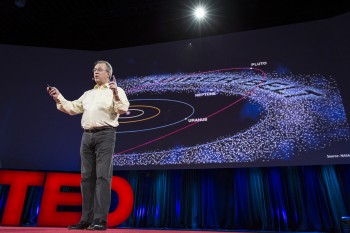
Fred shares his experiences working on Rosetta at TED 2015, Vancouver, Canada, in March 2015.
Credit: Photo: Bret Hartman/TED
Fred, we know from the last year that Rosetta is a complex mission and one that has achieved many firsts, but what were the greatest challenges for you in taking over the role of mission manager prior to Rosetta waking up from deep space hibernation?
When taking over Rosetta one of the more urgent issues was the readiness of the science planning systems and the overall flow of information from the principal investigators to science planning to mission planning to spacecraft and back. This, along with a number of pending mission-wide decisions, posed some real challenges.
What was the toughest decision that you had to make as mission manager?
Well, decisions come in two types. The ones you really need to make and the ones you’d like to avoid having to make. In the first category, what sticks in my brain most is the decision, just three weeks into the job, to go for a double pyramidal mapping trajectory in front of the comet, knowing full well this would impact some in-situ science related to the so-called dust acceleration region. In the second category, it was the continuous push in the night before the landing to reach a “Go” decision. We had some very tense discussions in order for everyone to realise that opting for a “No-Go” would only make sense if you could analyse and recover from the known problems within just 2–3 weeks – the time required to orbit the comet and get back to the correct point in space to deploy the lander.
What was the most memorable moment for you?
Absolutely the immense sense of joy when we saw the lander telemetry clearly indicating it had hit the surface and telemetry kept flowing. Of course this was followed by an immense amount of tears and emotions when I shared this with my wife over the phone, late at night on 12 November when the press had gone home.
What made you move on and what’s next for you?
From the moment I joined Rosetta, it was clear there were a number of very difficult tasks to accomplish. I’ve managed to accomplish these tasks successfully, helped by a great team, but it has been incredibly intense and unbelievably hard work – at a level I have never experienced in my career. By moving onto a new mission I expect to be able to gradually recharge my batteries (not unlike what we hope Philae will do!). It could of course also be that Andrea Accomazzo was right when he said to me: “Fred, you just want to have been in charge of all the missions in the science programme”. Indeed, I’m continuing my mission manager work on XMM-Newton and have started as mission manager on Gaia; an immensely challenging and promising project which requires real close coordination with the many parties involved, many of which are external to ESA.
What advice can you offer to Patrick as the new Rosetta mission manager?
Evidently, Rosetta is a big, complex mission to run, but Patrick has gained much experience on other missions and I am confident he will manage successfully. Focus on defining common objectives for all involved and allow for the human element in sometimes stressful situations is my main advice. With the increasing cometary activity it will also be up to the comet to see what will be possible! I hope Patrick will also be able to find the time to enjoy some of the wonderful results the Rosetta science instruments are returning.
Patrick, you are also ESA’s mission manager for Mars Express and Venus Express, how do you feel about the change to managing a comet mission?
Unlike missions dedicated for many years to map and survey planets such as Mars and Venus, Rosetta is unique in many ways. The comet approach, rendezvous and Philae landing were just the first – albeit essential – milestones of a complex mission which aims to have a spacecraft following 67P/C-G on its way towards and away from our Sun. So I quickly noticed that it was a much more “dynamic” mission, with not only larger teams but also greater challenges!
How did you feel when you first learned you would be joining the Rosetta team?
As it is not the first time I’ve taken over a mission from Fred (when he took the helm of Rosetta I became mission manager for Mars Express and Venus Express), I felt it was an opportunity for me to continue his achievements and to dedicate myself to first extending and then completing this mission. But in short, I felt excited for the challenges ahead!
You’re based at ESA’s ESAC in Spain: tell us about some of the Rosetta-related activities that are managed from there.
There is a great team here at ESAC performing many of the crucial activities that make Rosetta a resounding success. Among those, science operations are managed and run from here, meaning all the scientific inputs needed by ESOC to command the scientific payload of Rosetta are planned and generated at ESAC. The centre also hosts the archives of the Science Programme missions, and the Rosetta team is currently preparing for the initial deliveries of scientific data from the mission to the Planetary Science Archive.
You’ve already been thrown in at the deep end with Rosetta encountering a safe-mode during the handover period between you and Fred, how much of a challenge was it dealing with this?
Well, I’ll certainly remember that specific weekend of 28 March: it was definitely not something you expect when you start on a new project! But I also knew I could count on the great professionalism of our operations team at ESOC to recover the spacecraft. By its nature, Rosetta is uniquely dynamic while operating on a rather limited timeframe of months rather than years. It demands a lot from you and I now see the challenges Fred had to face over the past months. At this point of the mission, following the star tracker issues and with perihelion not so far away, I am currently working on restoring a way forward for this mission, i.e. trying to move away from the deep end!
What key mission milestones are you most looking forward to in the coming year and what do you think the biggest challenges for the mission will be this year?
Well, in the coming year we have several milestones lined up for Rosetta, but we also have a new challenge. As a priority, we shall adjust the way we do planning in order to deal with the consequences of the recent spacecraft events, knowing that the comet activity is foreseen to increase. This is for me the biggest challenge at the moment as Rosetta and its cometary companion are approaching perihelion. Our aim is to optimise the science return from the mission while keeping the spacecraft safe. Then we shall obviously do our utmost to communicate with, look for and find Philae, while recognising the challenges of doing so. Next year also promises to be another very exciting year for Rosetta as it moves further away from the Sun, with events nobody will want to miss!

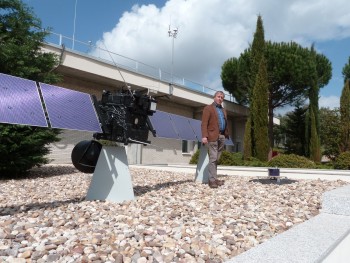
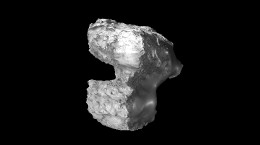
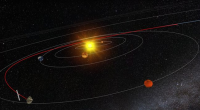
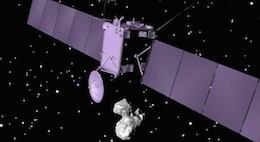
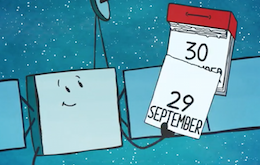
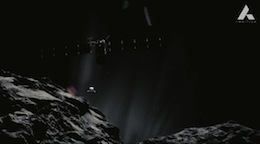
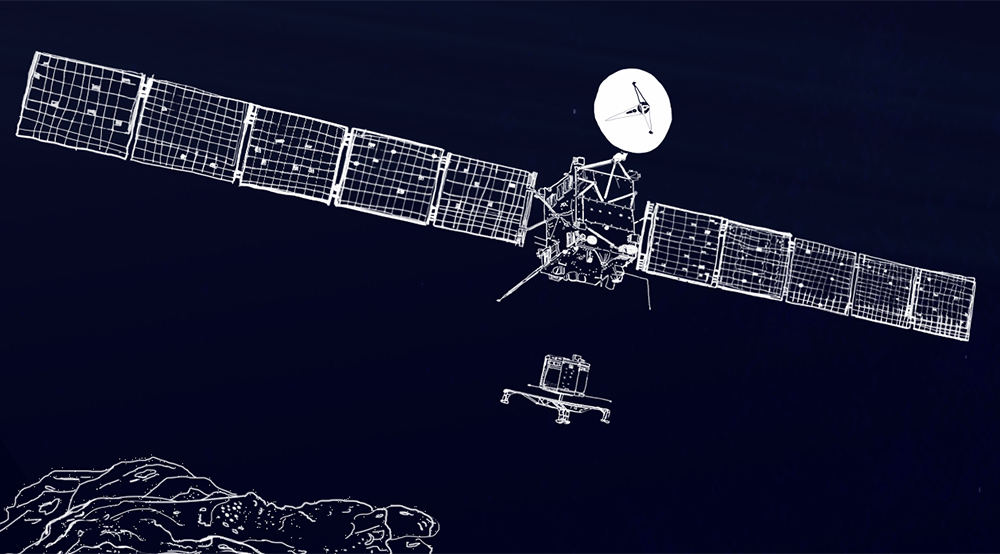
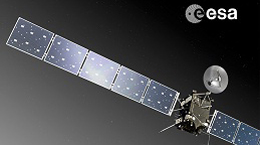
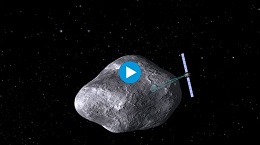
Discussion: 7 comments
Thank you so much Dr Jansen for all your contribution on Rosetta mission. If my memory is correct, your highlight in my view is that on the landing site announcement briefing when a reporter asked how much the percentage for successful landing is now, you did not tell the quite-possibly-decreased number, and instead only said something that sounded like the team will do their best to get the number as closer as possible to the initial 70-75 (calculated far before you saw the shape of #67P!!). I was so impressed by this attitude. Although that might have been because you/the team did not have time to re-calculate the number. But anyway, to me, it looked like you/the team chose not to give the public in advance a kind of “excuse” for the case of unsuccessful landing. It hit my heart. I started wanting more strongly that “I” want to make Philae land successfully!!
Wish you have more success and good health in your future, Dr Jansen. Thank you very much.
Thank you. And best of luck.
These are interesting times.
–Bill
I envy these guys!
Hardest agreements maybe at risk management…
https://www.bbc.com/future/bespoke/story/20150430-rosetta-the-whole-story/index.html
¡Patrick, bienvenido a la aventura de ROSETTA!
🙂
Gerhart, Emily and Fred on Out-reach duties. Chocolate sauce already present as an allegory to organics.
https://www.esa.int/spaceinimages/Images/2013/10/Cook_a_comet_demo